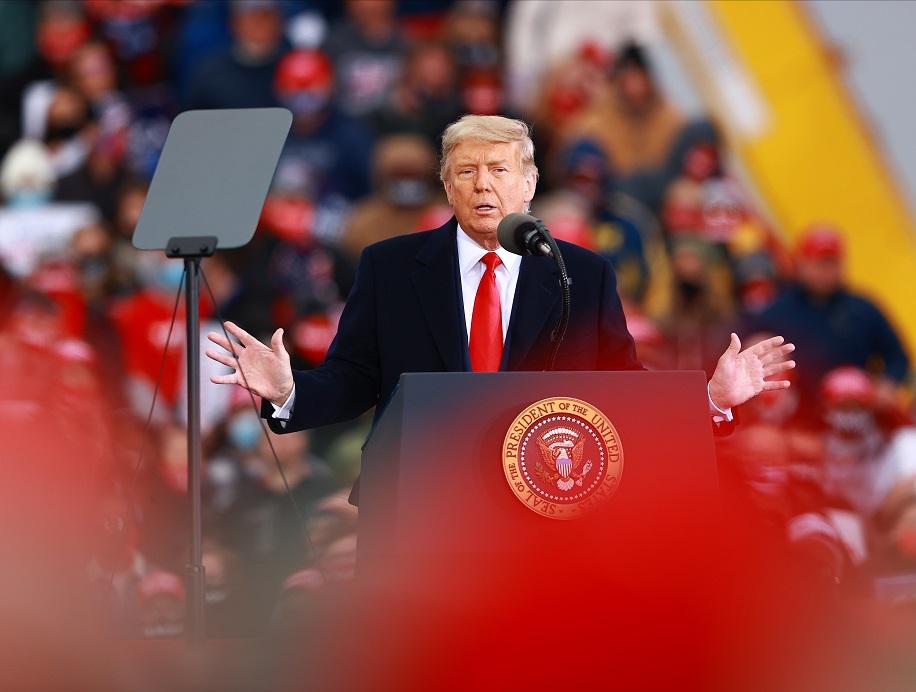New Jersey Attorney General Gurbir S. Grewal filed a lawsuit against the Trump administration on Monday for allegedly failing to produce information in support of President Donald Trump’s claims that low-income housing policies are associated with increased crime.
Grewal’s suit seeks to enforce a pair of Freedom of Information (FOIA) requests that he filed in August in the wake of a presidential tweet, which said: “I am happy to inform all of the people living their Suburban Lifestyle Dream that you will no longer be bothered or financially hurt by having low income housing built in your neighborhood…Your housing prices will go up based on the market, and crime will go down. I have rescinded the Obama-Biden AFFH Rule. Enjoy!”





